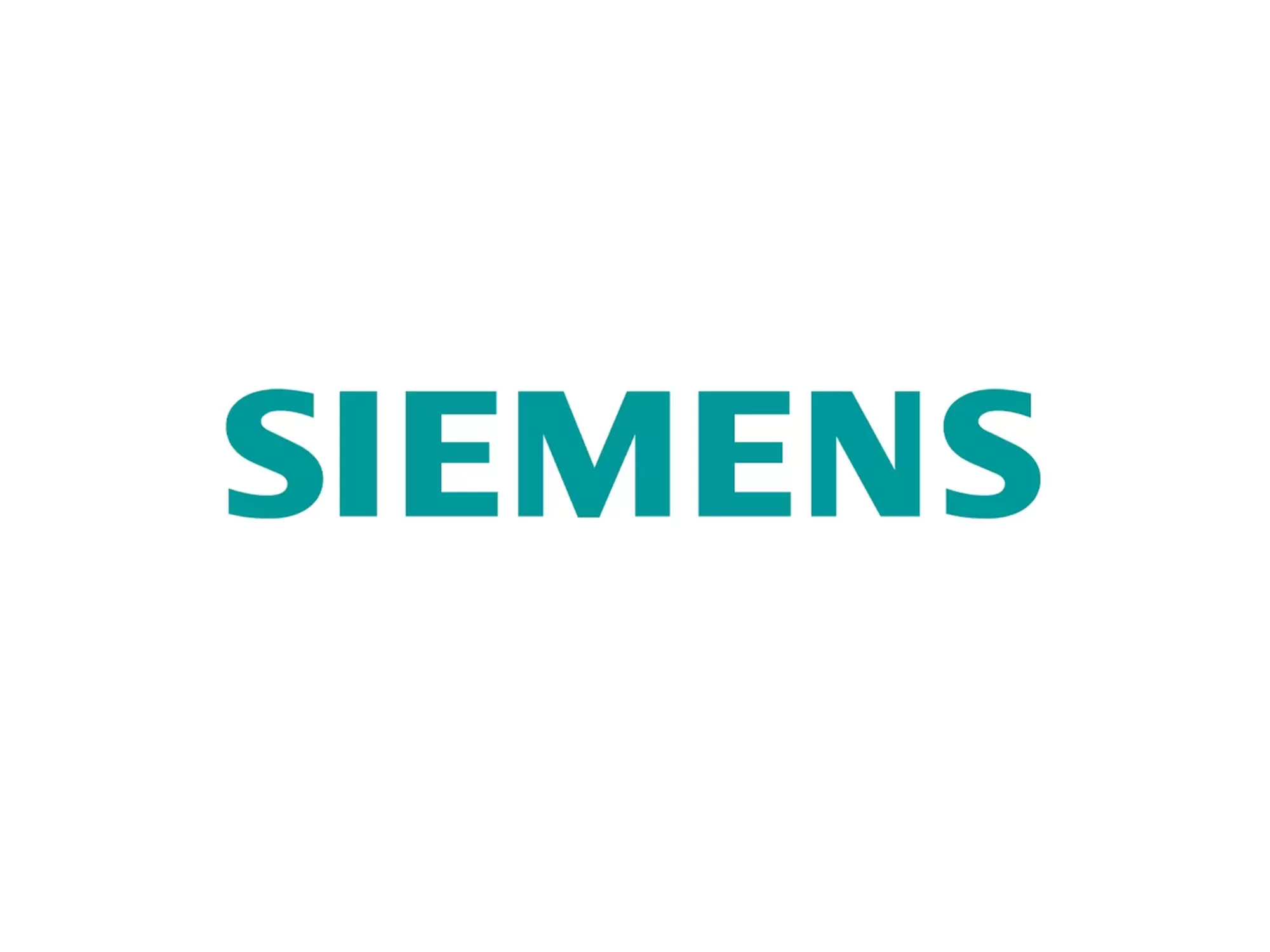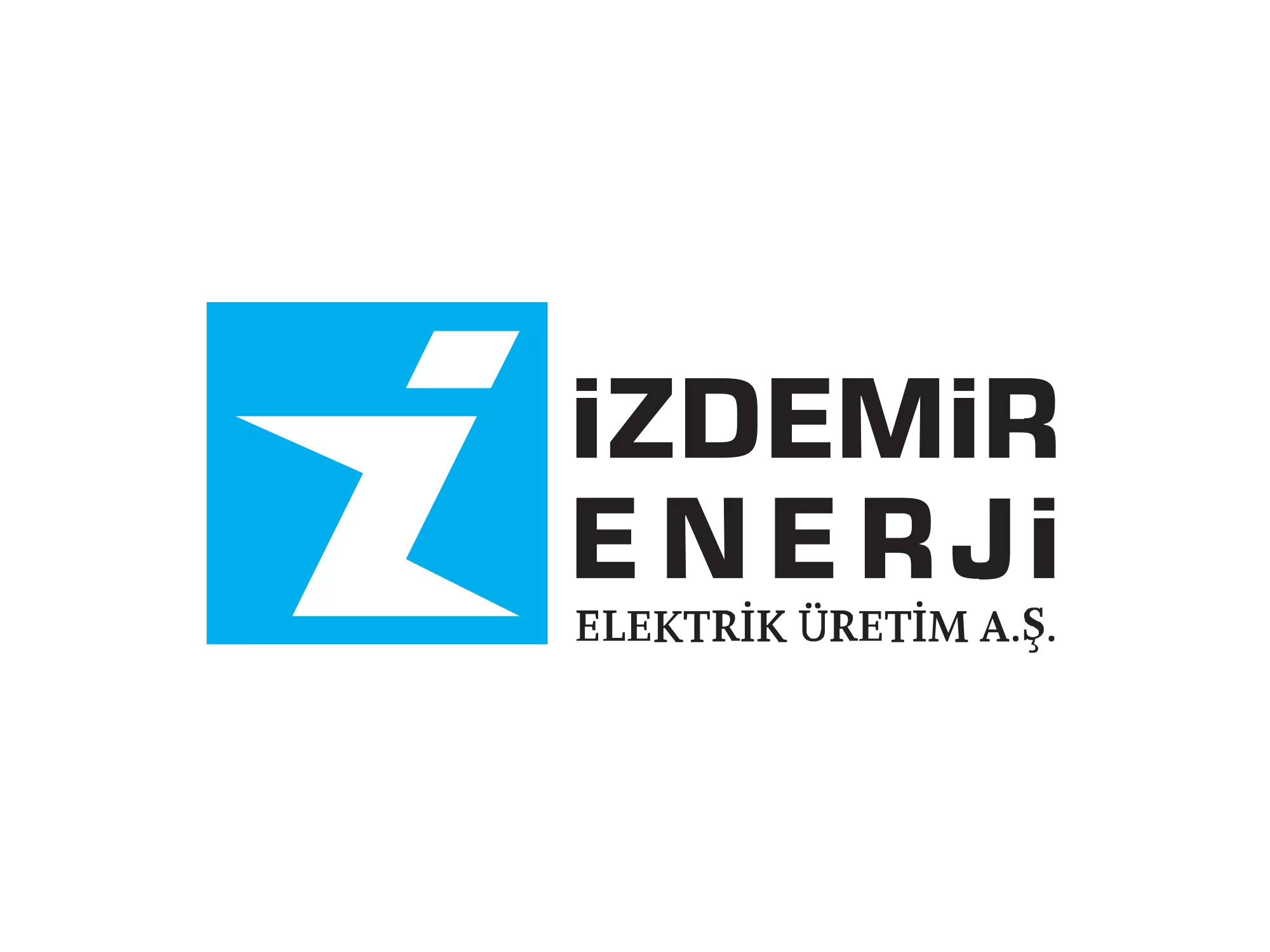SF6
Reliable Detection
Efficient Filling
Our products, equipped with technological innovations,
elevate operational safety and efficiency to the highest level.
Enes Engineering
Our SF6 Leak Detector ensures your safety by detecting gas leaks in your energy systems at an early stage. With its high-precision sensors, it provides maximum protection. This technology enhances the security of your systems while supporting operational efficiency by quickly identifying potential issues.
Enes Engineering
Our DILO SF6 Gas Filling and Treatment Device ensures reliable and efficient gas filling for uninterrupted operations in your energy systems. It performs optimal filling with its precise control mechanisms.
Enes Engineering
The DILO SF6 Gas Analyzer precisely measures the purity and quality of the gas in your energy systems to ensure optimal performance. This device enhances system safety by detecting even the slightest changes in gas composition.

SF6 is prepared by the reaction of sulfur and fluorine at high temperatures (S + 3F₂ → SF6). Sulfur hexafluoride is a colorless, odorless, and non-toxic gas at room temperature and pressure. It has lower thermal conductivity compared to air, making it an excellent cooling medium. Its unique stable octahedral molecular structure ensures that its chemical properties remain very passive, allowing it to operate reliably in electrical equipment without reacting with copper, steel, aluminum, and other electrical materials.
Our products are equipped with highly sensitive sensors capable of detecting even the smallest leaks and filling errors. This ensures maximum safety and efficiency for your energy systems.
Our technologically advanced control mechanisms offer user-friendly interfaces. This makes the setup and use of our devices extremely straightforward, enhancing speed and efficiency in your business processes.
Our products are manufactured using durable materials and advanced technology. This ensures long-lasting performance while keeping maintenance costs to a minimum and reducing operational disruptions.











